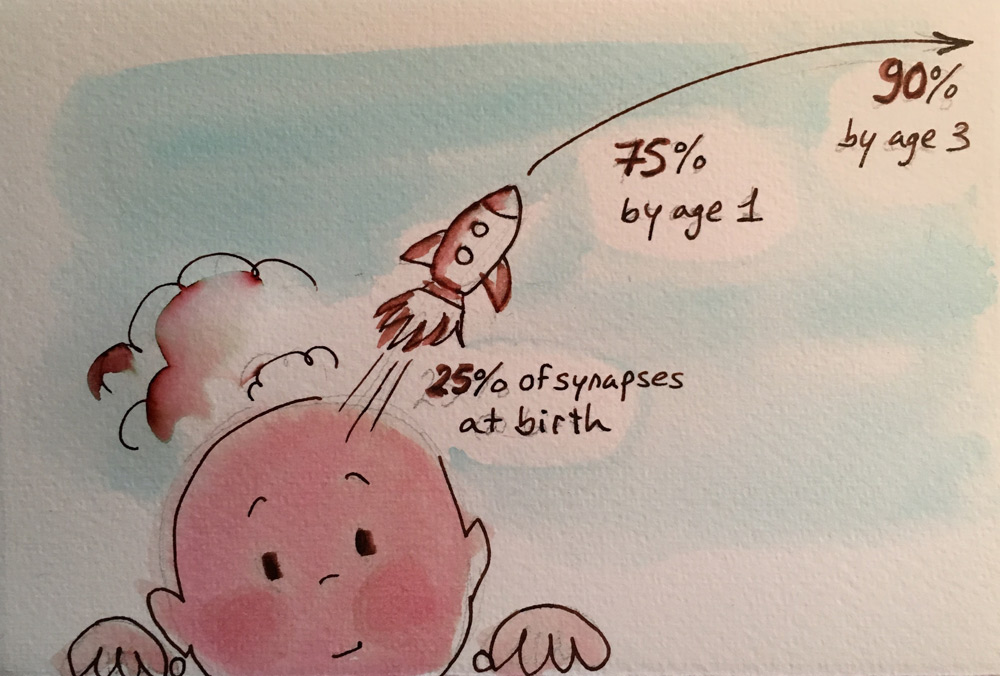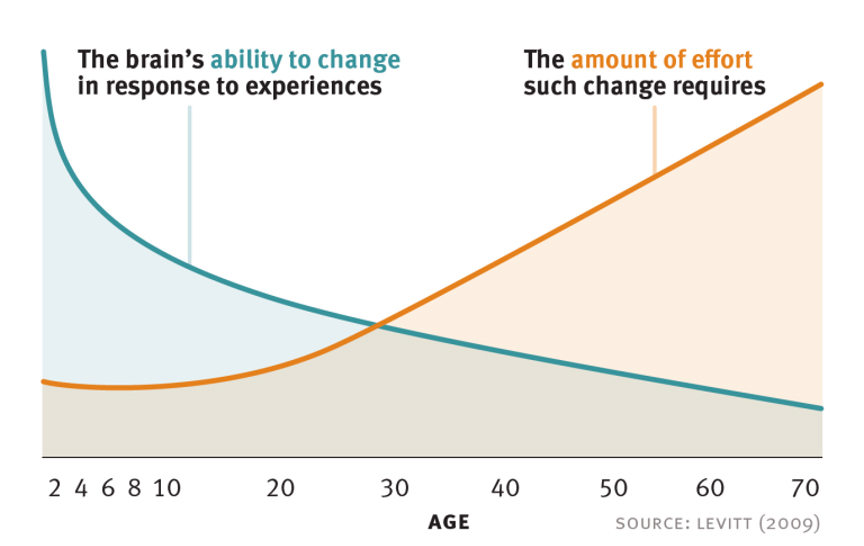EFT and kids
Children in today’s world are often stressed and overwhelmed by school, daily activities, TVs, screens, phones, tablets and other issues (pet dies, bullying, feeling left out, parents’ expectation, parents separation, etc.). All these events can potentially lead to sadness, anger, frustrations, confusion, and often leading to misbehavior, lack of interest, and at times health issues.

Tapping can help children with issues such as:
- Fear
- Trouble sleeping
- Tantrum
- Bullying, jealousy
- Exhaustion
- Frustration, procrastination
- Exams, sport’s performance, school events
- Goal settings
- Moving schools
- Parents divorce
- The loss of a friend or relative
- Coping with disability
- Surviving physical/mental/sexual abuse
Tapping with your child
Tapping with your child is a wonderful and rewarding experience for both parents and children because first, you create a special bond with your child using a “magic tool” to help them feel better and second, children are very kinaesthetic beings and love to be pampered, nurtured, rubbed, tapped and so forth.
When you are giving them all your attention while tapping, you can ask them more questions about “what happened today”, “how was your day at school ?”, learn more about their emotional world and get deeper information on any potential challenge/issue they may be facing.

This technique is also powerful for toddlers. Even though young kids are not able to express themselves with a rich vocabulary about what is bothering or disturbing them, the sole fact that they are exhibiting signs of distress gives parents a clue that something needs to be addressed (crying, fear, physical pain, etc). Kids live in the present moment and are more inclined to react quickly to tapping, get its benefits and “shift” (let go of the issue, trauma, blockage) than adults. Kids’ brain is very resilient and adapts quickly to change. EFT is a simple tool they can also learn for themselves.
Brain development in kids
Children’s emotions are much more acute than adults’. Their cortex (rational brain) is not fully developed yet and they easily go through a roller coaster of emotions which is very challenging to control. Most children don’t have the skills yet to talk about their emotions.
A child’s brain undergoes an amazing period of development from birth to three, producing 700 to 1000 new neural connections every SECOND ! The human brain is only 25% built at birth (with 86 billion neurons) and will be 90% built by age three.
By the time they are 3, children’s brains have then formed 1000 trillion connections between neurons… WOW !

Early experiences affect the development of brain architecture, which provides the foundation for all future learning, behaviour, and health. Just as a weak foundation compromises the quality and strength of a house, adverse experiences early in life can impair brain architecture, with negative effects lasting into adulthood.
Most adults consider that kids are “less smart” than them. Most kids have already complex thoughts and can understand complicated situations much better than we think. Their thinking is simply masked by a lack of vocabulary, which may lead people to underestimate their intelligence.
It is just easier for kids to talk about how they feel on a physical level and use their body language. Help them express how they feel through simple questions such as:
“You said you feel sad.
Where do you feel it in your body ?
Which colour does it have ?
Does it have a special shape ?
It is a local pain or something you feel all over your body ?”.
Use simple words. By giving them some examples, you are guiding them and inviting them to use their great imagination.
The graph shows how quickly the brain adapts to change at a young age. With tapping, children tend to shift quicker than adults as it requires them less effort to accept new concepts and let go of existing limited beliefs

Before tapping with kids

Make them feel safe and heard :
- Create a “rapport” with your child, align your mood to theirs.
- Put your vocabulary to their level: use simple words in short sentences, create metaphors, colours, make them play with their imagination.
- It is ok if your child doesn’t want to speak while tapping
- Instead of tapping on the body if they don’t like it, use their teddy bear.
- Be light, playful, understanding.
- Hold their space, show empathy.
Avoid :
- Judging or restraining whatever comes up for them.
- Forcing your child to tap if they don’t want to.
- Forcing them to talk about their emotion, they can withdraw easily.
- Forcing them to follow the EFT recipe, as long as they tap… If they want to use 10 colours in the set-up, let it be !
- Getting any negative reaction if they open up and share with you strong words or dark thoughts.

Tapping in the classroom
I completed the “Tapping in the classroom” online training course created by Dr. Peta Stapleton.
To know more about this workshop, click here.
It is designed to give teachers, school guidance counsellors and psychologists an effective tool to help children overcome stress, anxiety and behavioural challenges. The program is based on EFT.
